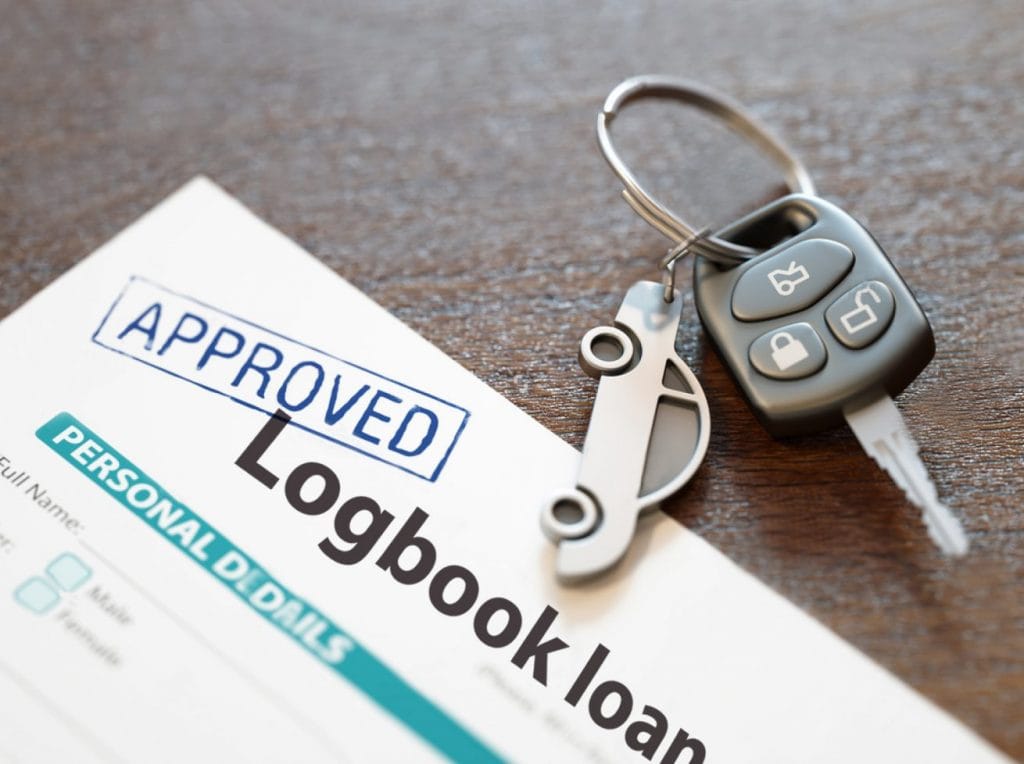Logbook Loan Application Process And Documents in Nairobi, Kenya

Documents Required for a Logbook Loan
- Original Logbook: This is the main document proving ownership of the vehicle.
- Identification Documents:
National ID card or passport.
PIN certificate. - Proof of Address: Utility bills (e.g., electricity, water), lease agreements, or other documents that confirm your current residential address.
- Proof of Income: Recent pay slips, bank statements, or business records if self-employed.
- Insurance Documents: Proof of comprehensive insurance for the vehicle.
- Valuation Report: A report from a certified valuer confirming the condition of the vehicle.
- Passport-sized Photos: Recent photographs of the borrower.
- Guarantor’s Documents (if applicable):
National ID card or passport.
PIN certificate.
Proof of address.
Recent passport-sized photographs.
Process to Follow for Obtaining a Logbook Loan
- Research and Compare Lenders:
- Search for reputable logbook loan providers.-
- Compare interest rates, repayment terms, and customer reviews.
- Application Submission:
- Fill out the application form provided by the lender, either online or at their physical office.
- Submit all required documents along with the application form.
- Vehicle Valuation and Inspection:
- The lender will arrange for an inspection of your vehicle to determine its current market value.
- A certified mechanic or inspection body may be involved in this process.
- Installation of a vehicle tracker will be done.
4. Loan Approval:
- After the inspection, the lender will assess your application based on the value of the vehicle, your ability to repay, and other criteria.
- If approved, the lender will offer you a loan amount based on a percentage of your vehicle’s value (typically 50-80% depending on the lender).
- Signing the Agreement:
- Review the loan agreement thoroughly, including the interest rate, repayment schedule, and any other terms and conditions.
- Sign the loan agreement and any additional documents required by the lender.
- Disbursement of Funds:
- Once all documents are signed, the lender will transfer the loan amount to your bank account.
- The logbook will be temporarily transferred to the lender as collateral for the duration of the loan.
- Repayment:
- Make regular repayments as per the agreed schedule.
- Ensure timely payments to avoid penalties or the risk of losing your vehicle.
- Completion of Loan:-
- After fully repaying the loan, the lender will return the logbook and any other collateral documents.
- Ensure you get a clearance certificate or a document confirming the completion of the loan.
Additional Tips:

- Read the Fine Print: Carefully read and understand the terms and conditions, including any hidden fees or penalties.
- Maintain Communication: Keep in regular contact with the lender, especially if you face any difficulties in repaying the loan.
- Ensure Comprehensive Insurance: Having comprehensive insurance is crucial to protect your vehicle and the interests of the lender.
By following these steps and ensuring you have all the necessary documents, you can smoothly obtain a logbook loan to meet your financial needs.
Whether it's for working capital, medical emergencies, school fees, or business expansion, Kifedha Limited remains a trusted partner for individuals seeking logbook loans in Nairobi, Kiambu, Machakos, and Kajiado Counties. With loan amounts ranging from KES 50,000 to 1,000,000, Kifedha Limited continues to support dreams and businesses.
Get in Touch To explore flexible and reliable logbook loans tailored to your needs, contact Kifedha Limited through our contact form, call us on +254791573231 or visit one of our branches to explore financial opportunities.




Comments ()